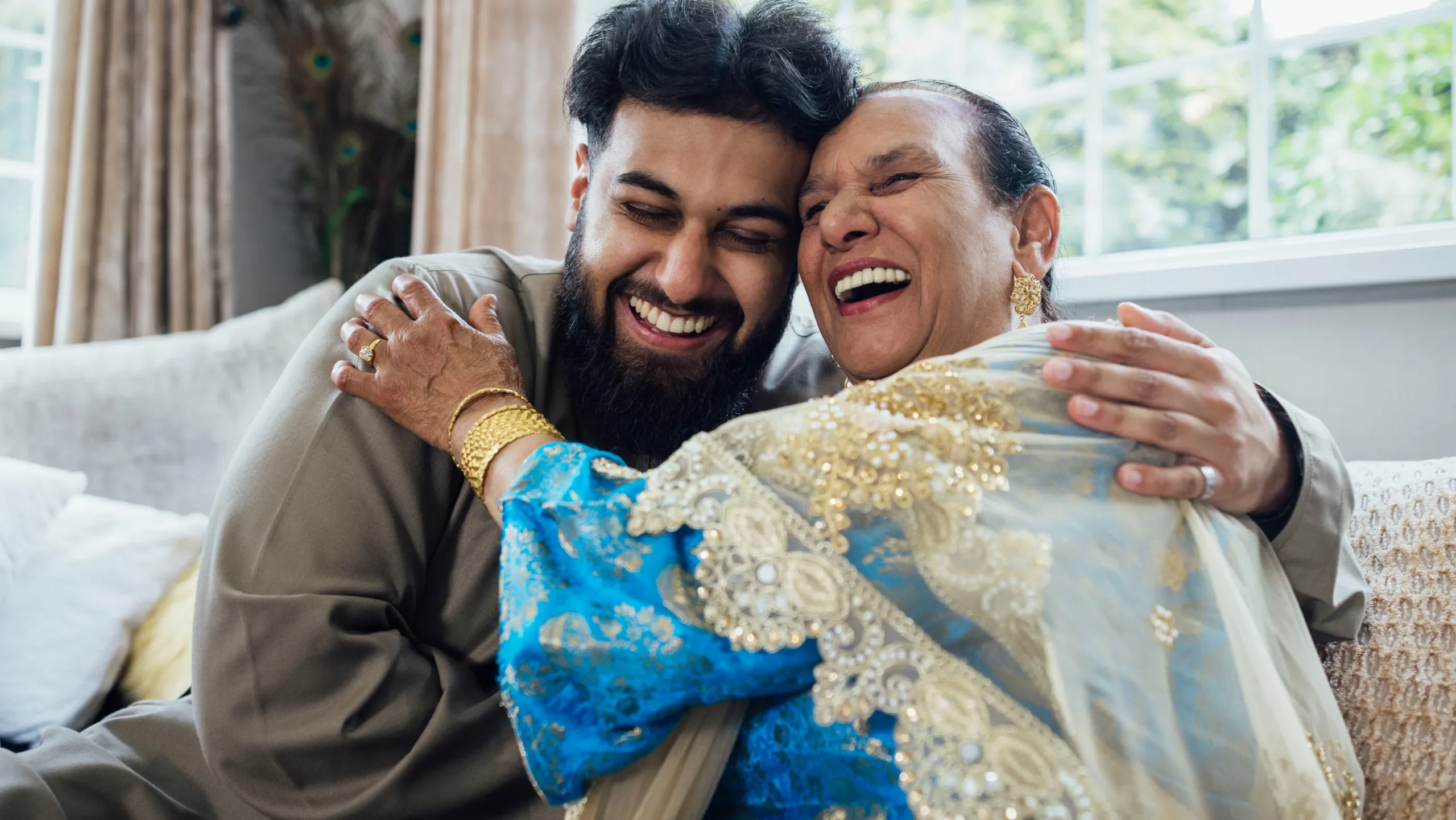Eid al-Fitr 2025: Mark Your Calendars for the Joyous Celebration!
As the holy month of Ramadan comes to a close, millions of Muslims around the world prepare to celebrate Eid al-Fitr, a festival that signifies the end of a month dedicated to fasting, prayer, and reflection. In 2025, Eid al-Fitr is expected to be celebrated on either Sunday, March 30, or Monday, March 31, depending on the sighting of the crescent moon. This joyous occasion, known as the “Festival of Breaking the Fast,” is one of the two major Islamic holidays, and it carries immense significance for the global Muslim community.
The celebrations of Eid al-Fitr not only mark the end of Ramadan but also serve as a time for gratitude and community. Families come together, share festive meals, and engage in acts of charity, reinforcing the bonds of love and compassion that are central to the Islamic faith. The holiday emphasizes the importance of giving, with many Muslims donating Zakat al-Fitr, a form of charity aimed at ensuring that everyone can partake in the festivities, especially those in need.
A Closer Look at the Significance of Eid al-Fitr
Eid al-Fitr is celebrated over the first three days of Shawwāl, the 10th month of the Islamic calendar. The festival serves as a reminder of the strength and resilience shown during the month of Ramadan. It is a time for forgiveness, reconciliation, and strengthening family and community ties. As Imam Ahmad Al-Khattab eloquently states, “Eid is a celebration of the spirit of togetherness and the joy of sharing.”
In preparation for the holiday, families often clean and decorate their homes, creating a festive atmosphere that reflects the joy of the occasion. It is customary for Muslims to wear new or their best clothes on Eid, symbolizing renewal and joy. The day typically begins with a special prayer known as Eid namaz, which is performed in congregation at mosques or open fields, where thousands gather to celebrate together.
Cultural Variations and Traditions
The celebration of Eid al-Fitr varies across different cultures, with unique traditions and customs reflecting local practices. Traditional foods served during Eid celebrations often include an array of sweets, pastries, and dishes that vary by cultural background. In many cultures, families prepare special meals that are shared with friends and neighbors, fostering a spirit of community and togetherness.
In the United States, cities with large Muslim populations often organize cultural events and activities to celebrate Eid. From community feasts to festivals featuring music and dance, these events serve as a platform for Muslims to share their culture and traditions with others. The festival emphasizes the importance of empathy and compassion towards those less fortunate, reminding everyone to extend a helping hand to those in need.
The Role of Charity and Community
One of the most significant aspects of Eid al-Fitr is the emphasis on charitable giving. Many Muslims take this opportunity to donate to local charities and organizations, ensuring that those less fortunate can also partake in the celebrations. This act of giving is not only a religious obligation but also a way to express gratitude for the blessings received throughout the year.
As Dr. Aisha Khan, a community leader, notes, “Eid is a time to reflect on our privileges and to reach out to those who may not have the same opportunities. It’s about sharing joy and ensuring that everyone feels included in the celebration.” This spirit of community is palpable during Eid, as families invite friends and neighbors to join in the festivities, further strengthening the bonds of friendship and goodwill.
Conclusion: Embracing the Spirit of Eid al-Fitr
As the anticipated dates for Eid al-Fitr approach, communities around the world are gearing up for a celebration filled with joy, gratitude, and togetherness. Whether celebrated on March 30 or March 31, the essence of Eid remains the same—a time to reflect on the strength shown during Ramadan, to express gratitude for the blessings in life, and to come together as a community.
In the words of Sheikh Mohammed bin Rashid Al Maktoum, “Eid is a reminder of our shared humanity, a time to celebrate our differences while embracing what unites us.” As Muslims prepare to greet each other with “Eid Mubarak,” meaning “blessed festival,” the world watches in admiration of the vibrant cultures and traditions that make Eid al-Fitr a truly global celebration.
So mark your calendars, prepare your hearts, and get ready to celebrate one of the most cherished holidays in the Islamic calendar. Eid al-Fitr 2025 promises to be a joyous occasion filled with love, laughter, and a renewed commitment to community and charity.






Leave a Comment